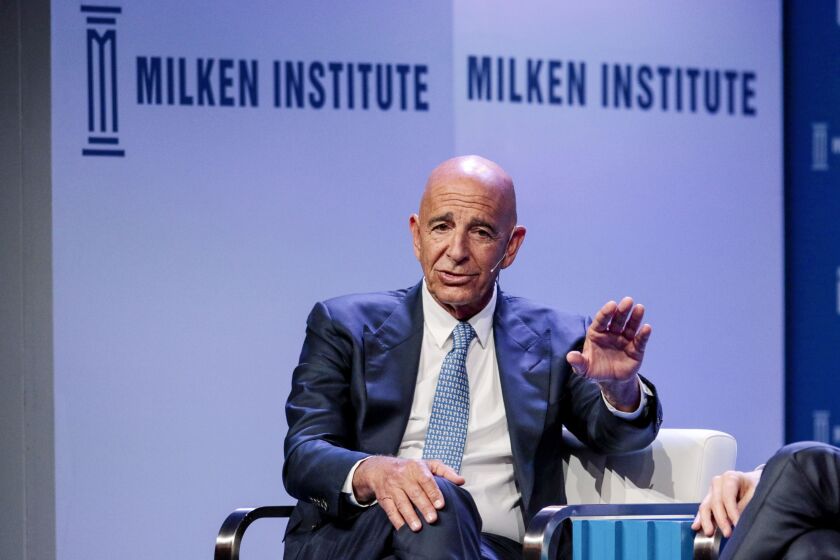Real estate investor Tom Barrack said predicted a “domino effect” of catastrophic economic consequences if banks and government don’t take prompt action to keep commercial mortgage borrowers from defaulting.
While the mortgage market began the year healthy, lenders and borrowers need to prepare for the impacts of the coming coronavirus recession.
The rush to unload mortgage-backed securities signals that a credit meltdown that began with corporate bonds is spreading to other corners of the market.
The coronavirus pandemic has created confusion, delays and uncertainty in housing projects around the Bay Area, despite a crushing need for new homes from an industry deemed essential to work through the regional lock-down.
The California Association of Realtors told its members Friday to stop all face-to-face sales activities including showings, listing appointments, open houses and property inspections due to coronavirus concerns.
Accommodations for borrowers affected by the coronavirus pandemic, such as payment delays and fee waivers, are "positive and proactive actions that can manage or mitigate adverse impacts," the regulators said.
New York Gov. Andrew Cuomo promised a 90-day moratorium on mortgage payments for financially strapped New Yorkers because of the coronavirus.
Sales of previously owned homes surged in February to the fastest pace in 13 years, highlighting a flurry of activity in the housing market before the economic repercussions of the coronavirus.
As financial hardships mount with the COVID-19 outbreak, Fannie Mae and Freddie Mac released their plans for mortgage borrowers impacted by the pandemic.
A number of proposals have been floated for debt payment holidays and other types of moratoria, but such approaches offer solutions that are worse than the problems.












